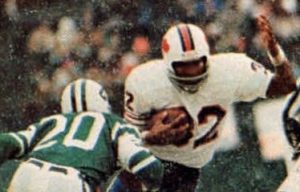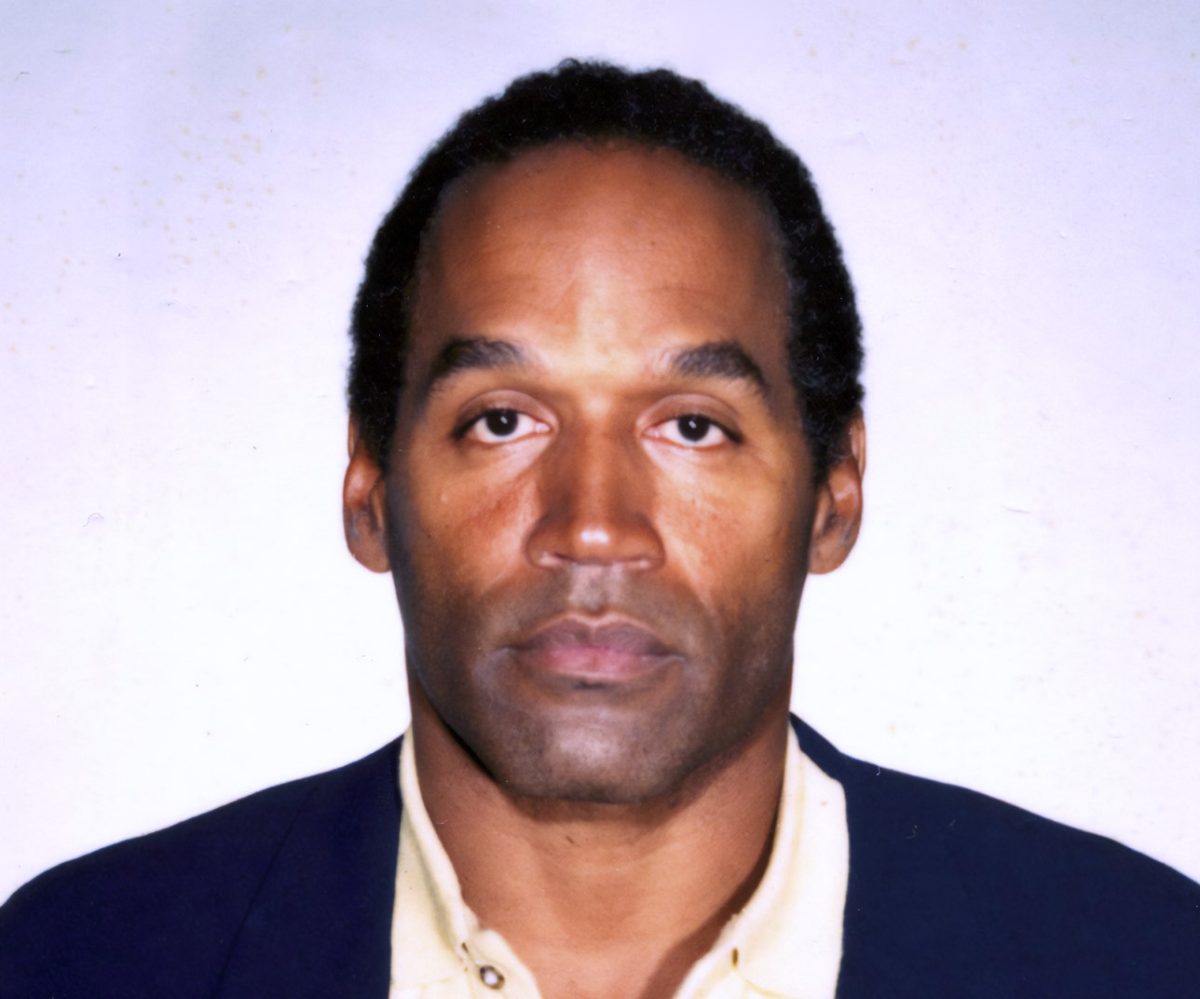O.J. Simpson, the legendary football star whose life was marked by athletic triumphs and legal controversies, died April 10 at the age of 79. Simpson’s death reignites memories of his outstanding career on the football field and the controversial trial that captivated the nation in the 1990s.
“When it comes to his trial, it really sparks a debate,” Nonnewaug senior Kayci Hungerford said. “There was so much evidence against him, yet there’s so many people who admired him.”
Born in San Francisco in 1947, Orenthal James Simpson, known widely as O.J., rose to fame as a running back for the University of Southern California Trojans before embarking on a remarkable NFL career. His elite performances earned him numerous awards, including five Pro Bowl selections and the distinction of being the first player to rush for over 2,000 yards in a single season.

“In the early 70s, he was iconic. A lot of people looked up to him,” says Nonnewaug wellness teacher Dave Green. “His squeaky clean reputation helped him become nationwide before a huge tragedy struck.”
Simpson’s legacy was forever altered by the events of 1994, when he became the central figure in what would be dubbed the “Trial of the Century.” Accused of the brutal murders of his ex-wife, Nicole Brown Simpson, and her friend, Ron Goldman, Simpson found himself at the center of a legal disaster that would captivate the nation for months.
The trial, televised live and scrutinized by millions, showcased the clearly represented divides within American society, with public opinion sharply divided along racial and social lines. In October 1995, Simpson was acquitted of all criminal charges, but the verdict failed to diminish the controversy and speculation surrounding the case.
“I think it’s safe to say that he definitely played a part in the murder of his wife,” said Gus McLaren, a sophomore at Nonnewaug. “I think all of the media and attention the case received really affected how the verdict came out. This case is really one of a kind.”
Despite his acquittal, many are still divided by their beliefs. Simpson’s reputation would forever be clouded by the lingering suspicions and unanswered questions surrounding the murders. In the years that followed, he would face further legal troubles, including a 2008 conviction for armed robbery and kidnapping.
“After the murders happened, everything just went south,” Green said. “His life is really a good example of the extreme highs and lows us humans experience.”
As news of Simpson’s passing reverberates across the nation, reflections pour in from all corners of society. For many, he remains a football icon whose on-field career will forever be remembered. For others, he symbolizes the complexities of fame and the challenges of navigating the justice system.











